Shakespeare's historical tragedy of the rise and fall of Julius Caesar, told in fifteen scenes.
Julius Caesar (1908) Online

An elaborate production of Shakespeare's admirable play. Scene 1. Street in Rome. Casca and Trebonius upbraid the citizens for praising Caesar. Scene 2. The Forum. A soothsayer bids Caesar "beware of the ides of March." Scene 3. Mark Antony wins the race and "thrice he offers Caesar a crown." Scene 4. Cassius tempts Brutus to join the conspiracy against Caesar. Scene 5. Brutus' garden. Meeting of the conspirators. Scene 6. Caesar's palace. Calphurnia tells Caesar of her dream and begs him not to go to the senate. The conspirators enter, laugh at his fears, urge and got his consent to go. Scene 7. Street near Capitol. The soothsayer again warns Caesar. Scene 8. The Capitol. The assassination of Caesar. Scene 9. The Forum. Brutus addresses the mob. Antony enters with Caesar's body. Scene 10. Brutus' camp near Sardis. Cassius upbraids Brutus. Scene 11. Brutus' tent. Quarrel. Caesar's ghost. Scene 12. Plains of Phillipi. Armies of Mark Antony and Octavius Caesar and Brutus and Cassius. ...
| Cast overview: | |||
| Charles Kent | - | Julius Caesar | |
| William Shea | - | First Citizen | |
| Maurice Costello | |||
| William V. Ranous | - | Gaius Cassius | |
| Florence Lawrence | - | Calpurnia | |
| Paul Panzer | |||
| Earle Williams | - | Marcus Brutus |
The first version of one of the most remade movies of all time.
One of plays by William Shakespeare adapted by the Vitagraph Company of America in 1908. The others were A Comedy of Errors (1908), Othello (1908), Macbeth (1908), Romeo and Juliet (1908), Richard III (1908), Antony and Cleopatra (1908) and The Merchant of Venice (1908).

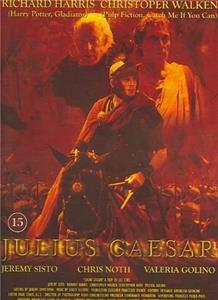
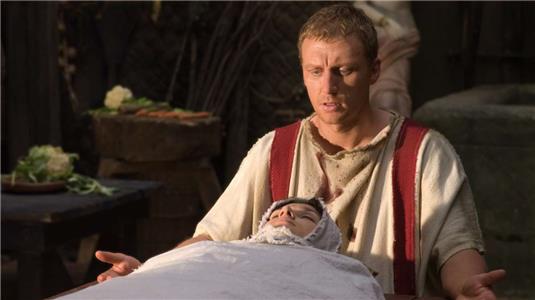
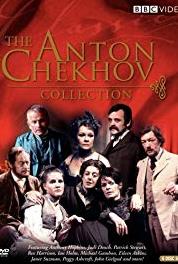
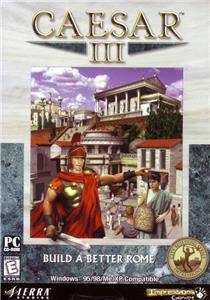
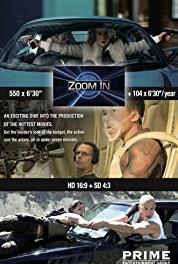
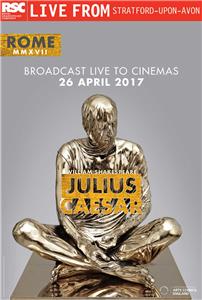

User reviews